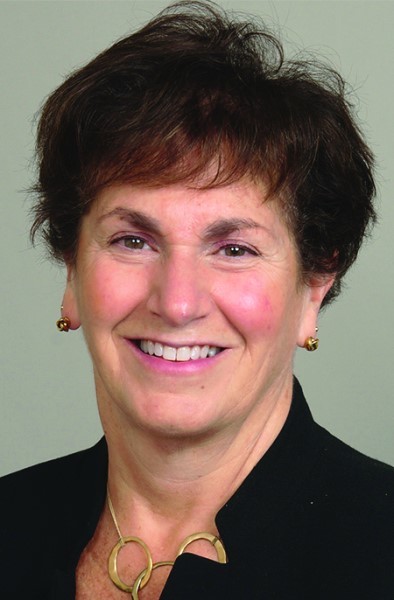Talking with loved ones about the future
I remember it like it was yesterday, watching my 74-year-old father lying in a hospital bed, totally incapacitated as the result of a stroke. Breathing was the only thing he was able to manage independently. It was hard to believe that he was swimming laps at the local YMCA’s pool just a day before his stroke. Thoughts of his future kept racing through my mind.
Fortunately, I’d had many conversations with my father about what he would want if faced with this situation. He had made these conversations easy as he had already given thought to his options for end-of-life care/life-prolonging procedures, and was comfortable with his decisions.
Under the circumstances, knowing his desires was probably one of the best gifts he ever gave me. It lifted the heavy weight of decision-making from my heart and made the path that I was about to choose for him quite clear.
Planning for the future and having these conversations with your aging parents can be difficult. No one likes to think about, never mind discuss, these “heavy” issues. But talking about these topics when they seem to be in the distant future can take the edge off the conversation.
Having these conversations with your parents or other seniors in your life while they are in good health can help alleviate some pain when a crisis arises.
Here are things to consider before starting the conversation:
• Think about the right time to have the talk. Make sure it is when no one is distracted or preoccupied and everyone is in a comfortable space.
• Know what topics you want to discuss, such as health, finances, security, relationships, quality of life – and do not attempt to cover them all at one time. You do not need all the answers in one day.
• Open the conversation with sensitivity and explain in a non-threatening manner why you are initiating the discussion at this time.
For example, “A coworker’s father recently passed away and he did not have a will. My friend is trying to sort through his affairs, which prompted me to think about getting my own will. Do you have a will?” Or, “A co-worker became ill at work and we had no emergency contact information on record. Do you have emergency contact information in an accessible location?” This will lay the groundwork for the conversation and future discussions.
• You can ask them to describe what they hope their life will look like as they age. Ask questions to clarify things you do not understand. Remain neutral even if you do not agree with them, and explain the impact their vision may have on you and your family.
Remember, you are the adult son, daughter, or caregiver, not parent: You can share your opinion, but you must respect their wishes as long as their safety and well-being are protected.
These conversations can be uncomfortable and stressful to both your aging loved ones and you. If you would like to talk further about how best to approach this subject, contact Jewish Family Service at 401-331-1244.
The agency has licensed clinicians who can provide support and guide you through this process.
ERIN GISHERMAN MINIOR (erin@jfsri.org) is the CEO of Jewish Family Services of Rhode Island.








